Organisation
The FSC Indigenous Foundation, IPACC, USAID, Conservation International and REPALEAC
Description
The global challenges of biodiversity loss and climate change require urgent and collaborative action. Indigenous communities, often the stewards of rich biodiversity, possess unique knowledge and sustainable practices that can significantly contribute to climate resilience. This event seeks to promote direct access to climate finance for Indigenous communities in Africa, fostering Indigenous-led climate solutions that address both local and global challenges and recognizing the pivotal role that these communities play in addressing global challenges. By fostering direct access to climate finance, we can empower Indigenous communities in Africa to implement sustainable solutions, contributing significantly to the broader goals of biodiversity conservation and climate resilience.
Carbon markets could be a way of empowering Indigenous Peoples by paying them for protecting the world's forests. The emergence of carbon markets has the potential to create a unique opportunity for Indigenous communities to develop an economic sector that can be aligned with Indigenous lifestyles, Indigenous Cultural Landscapes, and sustainable land management goals. It is also an opportunity for governments and industry to build and co-create meaningful partnerships and develop relevant policies with Indigenous Peoples. On the other hand, some Indigenous communities fear that further development of carbon markets, even with the new rules agreed at COP26 and COP27, will instead endanger local livelihoods, and create loopholes for further emissions. COP28 presents an excellent opportunity to promote an inclusive space to identify the key constraints, challenges and opportunities with the parties involved.
Globally, Indigenous communities are concerned with a general lack of effort to involve them in carbon markets or to consider the social impacts that these markets, and related policies, can and have had on their communities.
Speakers
1. Hindou Oumarou Ibrahim, Chairperson of FSC Indigenous Foundation
2. Handaine Mohamed, North Africa Regional Representative and Chairperson of the Executive Committee, IPACC
3. Kanyinke Sena, Executive Director, IPACC
4. Bama Athreya, Deputy assistant administrator, Inclusive Development Hub, USAID
5. Elijah Toirai, Natural Climate Solutions (NCS) and Communities Lead, Conservation International
6. Balkisou Buba, Vice President of the Cameroon Branch of REPALEAC
7. Moderate : Joseph Itongwa, Coordinator of REPALEAC and IPACC Great Lakes representative
Languages
FR - EN - EP

